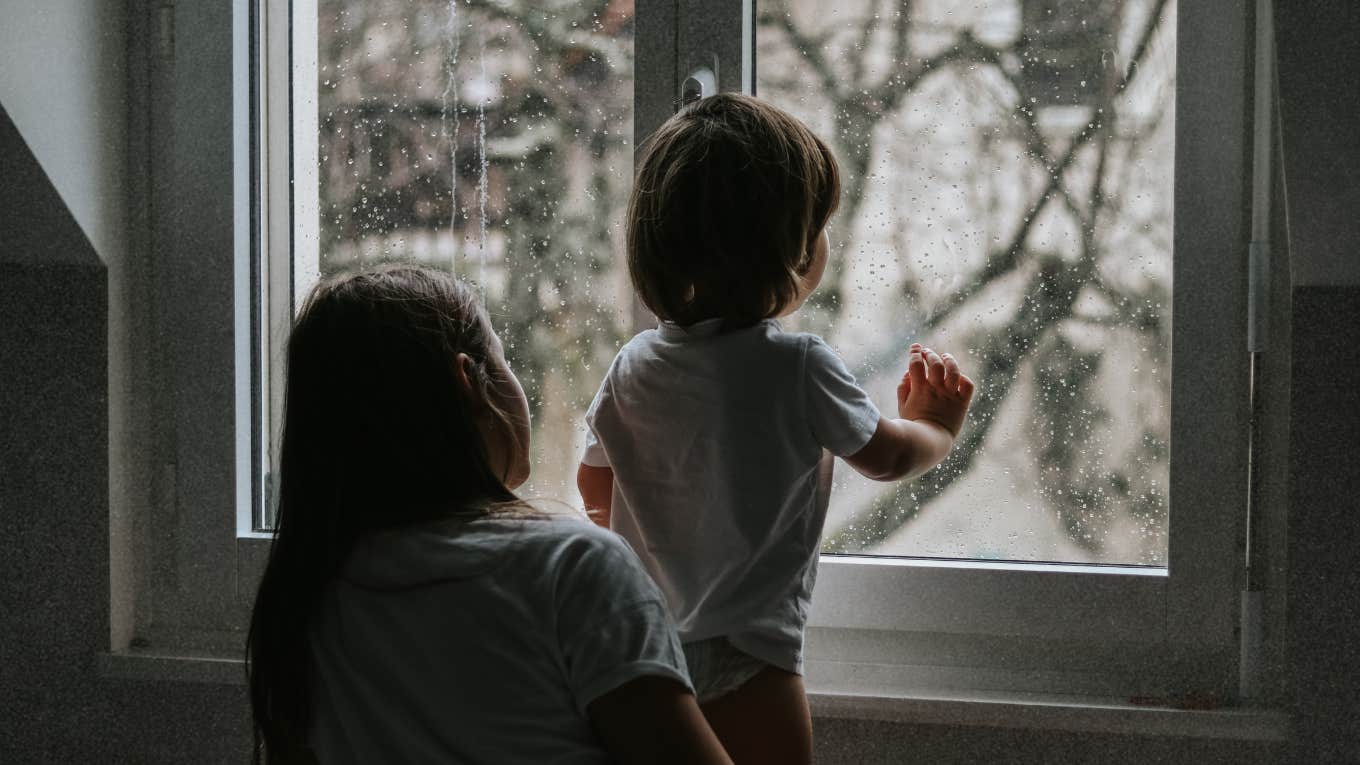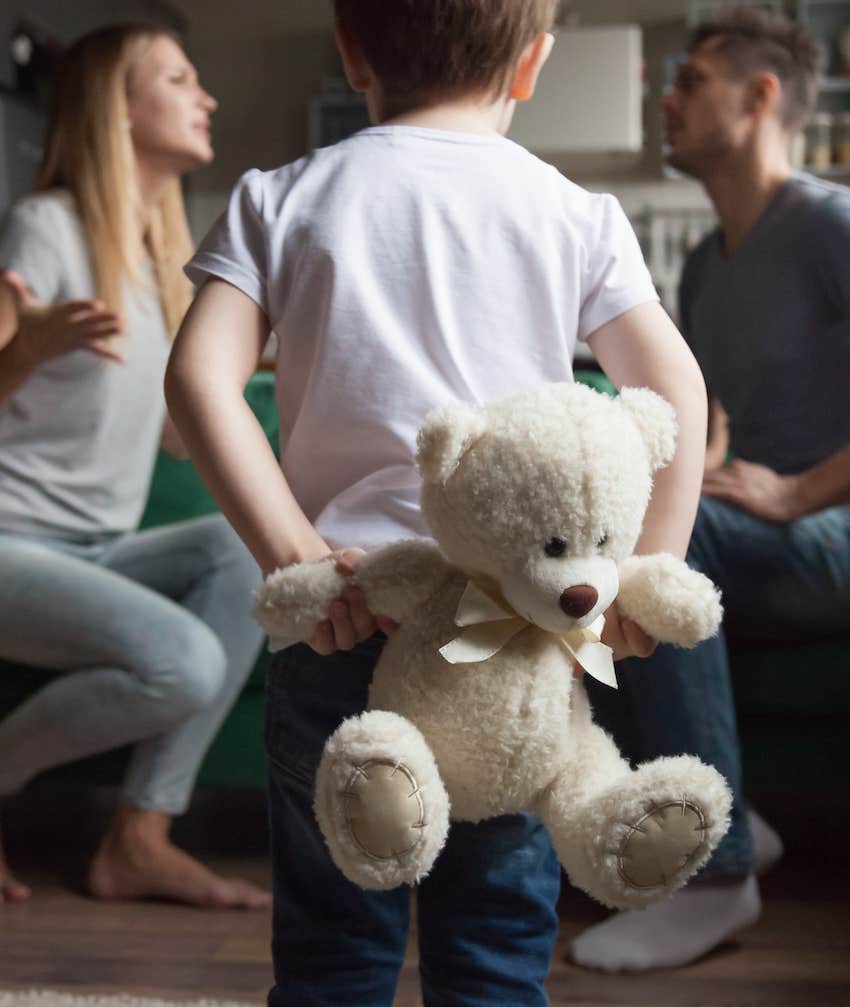5 Signs Of An Emotionally Parentified Child, According To Family Therapists
Childhood is for being a child, not a parent.
 Tetiana Soares | Canva
Tetiana Soares | Canva "So young and so responsible, so mature for their age, they already act all grown up." These may seem like compliments to a child or parent. Yet, the reality of these phrases usually indicates a child who has been pushed into a parental role.
Here are 5 signs of an emotionally parentified child:
1. They grow up too soon
This is the child who faces increasing responsibility for taking over the everyday tasks in a family. These are often the responsibilities that in other families are performed by the parents, hence the term the "parentified" child.
This goes way beyond routine household chores which can be helpful to the child in creating a sense of efficacy.
This is a level of responsibility that feels overwhelming because the child doesn’t feel they have a choice, in being asked to do things that are often beyond their abilities to do successfully.
Thus, these responsibilities create inner turmoil and stress in the child, leading to resentment in the adult — who continues this pattern in their relationships, making them that much less than satisfying.
Columbia University research helps us understand that if you grew up as the little caretaker, you may grow up to be attracted to those who need to be taken care of, further fueling resentment, anxiety, and perhaps the need to self-medicate.
— Carter Gaddis, Author
2. They function as the support system of the household
Typically, the child feels responsible for the emotional well-being of their parents and will do anything to avoid hurting their parents' feelings. They function as a support system in the household.
They may be expected to parent their younger siblings or to assume the role of a parent's caretaker and confidante. It is a psychological burden that trains them to believe they must place everyone's happiness above theirs and suppress their true desires, as reinforced by a 2022 study.
— Dr. Gloria Brame, Therapist
3. They have prematurely imposed responsibility for self
Children become parentified when their parents struggle through life's hurdles without a mature and secure sense of themselves. For example, let's say a parent is unable to cope with their anxiety, PTSD, or depression in healthy ways, and so they instead drink habitually to "take the edge off at night".
This will lead to the parent having greater mood dysregulation, being less emotionally available and attuned, forgetting things, oversharing with the child, etc. This puts the child in a role to have to forgo their natural need to rely on this parent, which puts the child in the position of parenting themselves.
In a worst-case scenario, they may even end up having to take care of the parent, reminding them not to drive, or helping them make excuses to their greater community, etc.
— Eli Harwood, Counselor/Therapist
 fizkes via Shutterstock
fizkes via Shutterstock
4. They grow up with superpowers
Well-practiced empathy allows parentified children to tune in closely to the emotions and needs of others — including those of their children. They excel at nurturing because they’ve been doing it their whole lives.
These parents have also learned the art of sacrifice, responsibility, and resourcefulness. Many embrace parenthood with open arms because it’s a role they’re used to. They're the parents who instinctively place their children's needs at the forefront and who rarely falter when it comes to offering love, comfort, and care.
Parentified children might also have a strong drive to break the cycle and give their children the childhoods they were never afforded.
— Blair Nicole Nastasi, Marriage and Family Therapist
5. They meet the parent's need for love or companionship
This is not a child's job — it's meant to be the other way around. Research outlines how many parentified children end up giving too much and having poor boundaries in relationships because of it, squelching down their own needs to please and appease their partners or friends.
— John Sundholm, Writer, Editor and Social Media Personality
We might think a child is commendable for their parentified role, and the child might demonstrate pride and confidence in that role. And, there can be times when temporary parentified responsibility is placed on a child due to emergencies, this is part of being a family.
Yet, in some families, the role of responsibility becomes a permanent state for the child. When we prematurely place a child in the role of responsibility for themselves, or their parent, we deny them of their childhood experience.
Will Curtis is a writer and editor for YourTango. He's been featured on the Good Men Project and taught English abroad for ten years.

